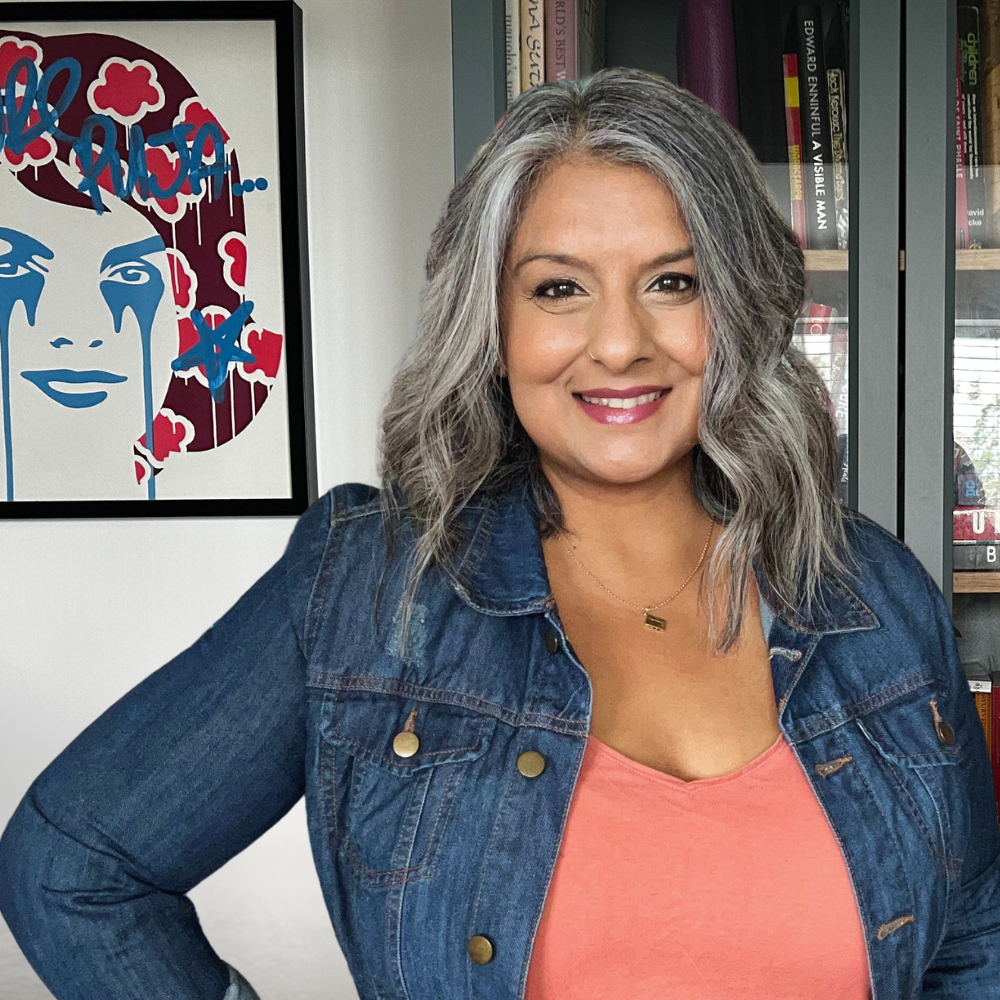
How to cope with being alone
People who are alone fall into two camps. Those that enjoy their solitude and those that feel perpetually lonely. For the second camp, the reliance on relationships can be extremely high which often leads to disappointment from expectations of others. In this blog I explore both camps and how to cope with being alone.
In 2019, the Office of National Statistics reported that over 50% of the UK population was unmarried. This data comprises those living alone from the age of 16 where the majority is actually made up of people over 45 years old. However, even if we remove say 10% from this statistic, that’s still a great number of people who are living alone out of a possible 8 million. I think it’s fair to say that’s a lot.
The science of being alone
Being alone and being lonely are two different things. John Cacioppo, who died in early 2018, served as the director of the Centre for Cognitive and Social Neuroscience at the University of Chicago. In 2006, he published his book Loneliness, which is considered to be one of the most comprehensive books on the subject. Cacioppo explained that
“being alone and being lonely are not the same thing, but they’re both stigmatised in our society. People who prefer solitude nevertheless look for relationships out of guilt – but feel even guiltier once they’re in one. A happy single person is just as healthy as a happy married person.”
Feeling lonely is what exacerbates anxiety and therefore overthinking. When we feel lonely, our thoughts can easily run away with us causing an inevitable downward spiral of harmful thoughts.
Primarily, these thoughts are perpetuated by thinking ‘the grass is greener.’ By comparing a single person’s home-life to that of someone in a couple or family.
However, there are a number of people who are lonely in relationships and families as well. If we use Cacioppo’s theory, it is those who are unsatisfied with being alone that would benefit from learning how to be alone without feeling as though they are being deprived of relationships.
Relying on relationships to cope with being alone
It’s all too easy to get caught up in assuming that being married or in a couple is the better place to be than being alone. However, if you are able to cope with your life alone and find joy in your everyday, this gets easier.
There is a societal fictional picture given to us from a young age that is perpetuated by the media – having the ‘perfect’ family equals happiness. However, if we look at positive psychology and wellbeing in general, life is actually about learning who one is. Learning how to be with oneself outside of others yet still being able to thrive as a result of meaningful relationships.
This is not reserved for romantic relationships, just relationships. When we don’t see our family and friendships as meaningful connections, we reduce the benefits of them and instead strive for an unrealistic expectation of what a romantic relationship can bring.
I’m not saying that romantic relationships cannot provide meaningful connection, of course they can. The point is to illustrate that putting all of our ‘eggs in one basket’ causes the harm to our mental wellbeing. By putting romantic relationships on a pedestal for relationships creates an unhealthy cycle of ‘what if.’
Having expectations or assumptions that being in a romantic relationship will solve all of our problems is a common feeling amongst those who are lonely.
Coaching tips to cope with being alone
If you find yourself in this camp of loneliness and you struggle with getting perspective on your situation, I have put together a few tips to help you when anxiety flares. You do not have to be satisfied with being alone if that is not what you truly want. If you do want to have a meaningful romantic connection with someone, there is an opportunity here to reflect and redirect your thoughts to help you not only manage your mental wellbeing more efficiently but to also open yourself up to your desires.
1. Clarity
- What do you want?
- Do you know what it is you truly want for yourself?
- What does that look like?
- How can you achieve this for yourself?
- What barriers are holding you back from achieving this?
- How can you change to make it happen?
All too often we’ll say “I want to be in a relationship” and that being in a relationship will fix [insert all problems that we haven’t been able to fix ourselves]. What we’re usually looking for in a relationship is to fill a void that actually resides within us. We’re looking to treat the symptoms of our dis-ease with our own being with that of having a partner but when we do this, we actually end up creating problematic relationships because we never really know who we are and what we truly want. Wanting to be in a relationship to grow within companionship is different. Your motives for being in a relationship need to be defined.
2. Reflection
- When do your thoughts start to spiral?
- Have you written your thoughts down and then reflected on them?
- How often do you take stock of your thoughts and feelings and work to change them?
- Can you change the way you feel about yourself?
You see whether you are single or in a relationship, you will need to learn how to do this for yourself. When you bring another person into the mix, if you don’t know who you are and what triggers you and how to manage this, it will cause dysfunction between you and your partner. Effective communication starts with knowing yourself and knowing how you manage yourself first. You cannot change another person but you can make the changes necessary about yourself to have a better connection with someone.
3. Direction
- Are you the victim or a survivor?
- How determined are you to get what you want from life?
- Are you willing to make the changes necessary?
Making the changes does not mean that you have to change who you are. It means to change your behaviour towards yourself. So if you feel like a victim, you will perpetuate negative thinking and ‘enjoy’ being in this state of mind which will lead to depression. Alternatively, you can FEEL your thoughts and look at ways to make yourself feel better about the way you’re feeling.
Developing meaningful connections to help cope with being alone
Psychologists, Roy Baumeister and Mark Leary (1995) argue that the need to belong is a fundamental human need to form. Maintaining at least a minimum amount of lasting, positive and significant interpersonal relationships.
Satisfying this need requires (a) frequent, positive interactions with the same individuals. And (b) engaging in these interactions within a framework of long-term, stable care and concern.
Developing your existing relationships
So if you feel as though your life would be better if you were in a relationship, you’re not wrong. However, if you apply the above to friendships and familial relationships, you could actually have what you’ve been looking for.
Wanting to be in a romantic relationship is also not wrong. You just need to understand yourself a little better. Understand your self-identity and build your self-esteem.
Learn to create meaningful connections with those who are already available to you first. Remember not to expect a relationship to fix your problems, you have to do that for yourself.

Hi, I’m Puja! I’m all about helping driven, purpose-led people create success that actually feels good—without losing themselves along the way.
I mix deep coaching with practical strategies and a soulful perspective to help you thrive in your work, life, and well-being.
This is where I share stories, ideas, and inspiration to spark bold thinking and a more meaningful way of living.
Discover more: SIMPLY WELLBEING SUBSTACK
Registered address: 3rd Floor, 86-90 Paul Street, London, EC2A 4NE
© 2025 Frankly Coaching Ltd.